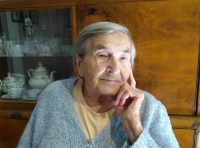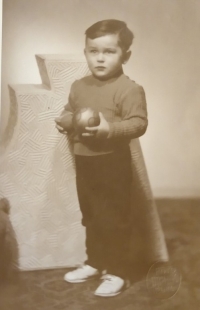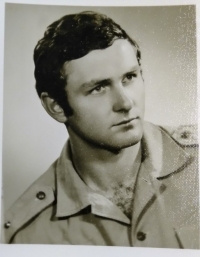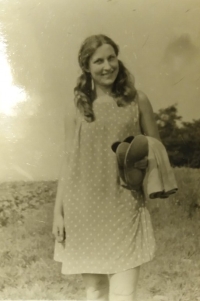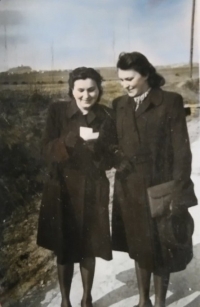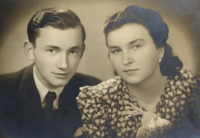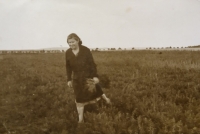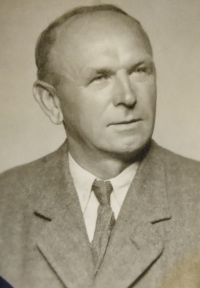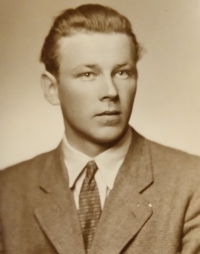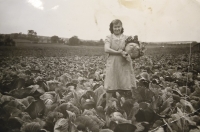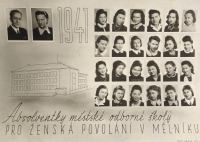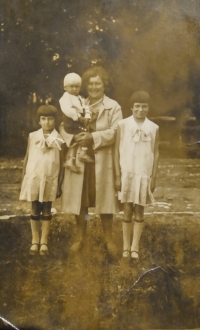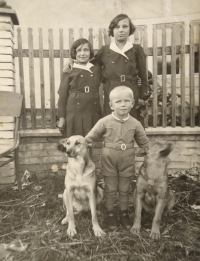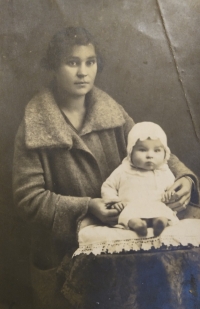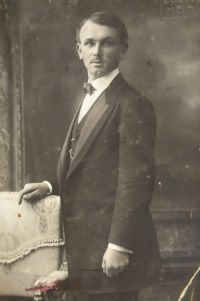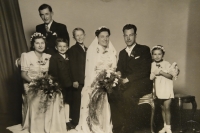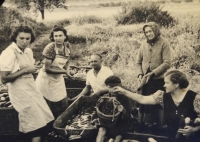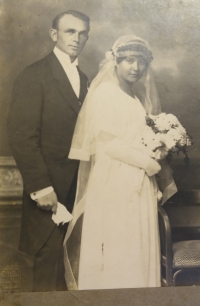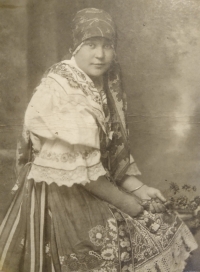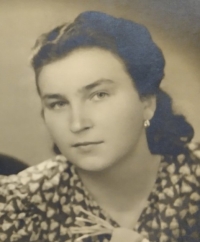I was looking forward to living again in truth and without pretense

Download image
Jarmila Slabyhoudová, née Kettnerová, was born on July 16, 1923 in Chloumek near Mělník into the family of a householder as the middle of three children. In 1930, she joined the elementary school in Mělník, where she also graduated from the Burgher school. In the years 1938–1941, she attended a family school in Mělník. In 1938, she experienced the migration of Czechs from the Sudetenland to the midland. During the Second World War, the family had to pay precisely defined levies from their farming to the occupying power, but at the same time it protected them from forced deployment. After graduating from the family school, Jarmila cooked for the family and employees on the farm. In May 1945, the sister of the witness moved with her family from Prague to Chloumek to escape the fighting during the Prague Uprising. Jarmila remembers the liberation by the Red Army, which distributed food to people during the day and looted at night, and the bombing of Mělník on May 9, 1945. After 1945, she witnessed the Germans’ expulsion, and worked briefly at the municipal office in Ústí nad Labem, where she distributed food stamps. She got married in 1946 and had two children. After the communists took power, the Kettners donated their land to the Mělník state estate, which they were neighboring, and thus were not forced to join the unified agricultural cooperative (JZD). In 1952, Jarmila’s brother Josef Kettner was sentenced to eight months in Jáchymov for helping two boys try to emigrate from the country. Jarmila Slabyhoudová moved with her husband to Čakovice, where she worked in the school cafeteria from 1956 until her retirement. In 1968, she witnessed the arrival of Soviet troops in Čakovice. In November 1989, she and her husband participated in demonstrations in the center of Prague. She is a widow and lives in Čakovice.
